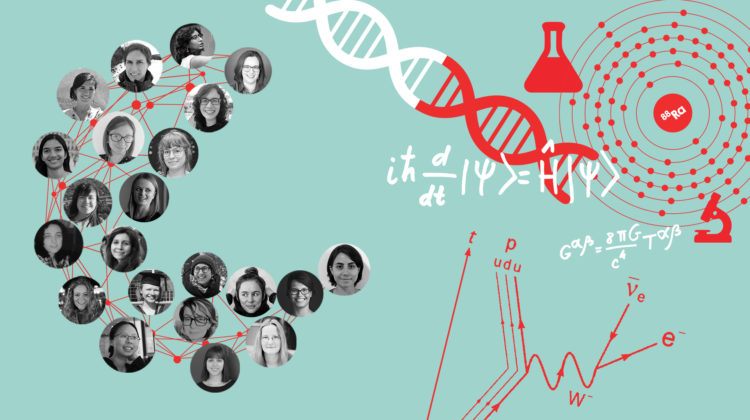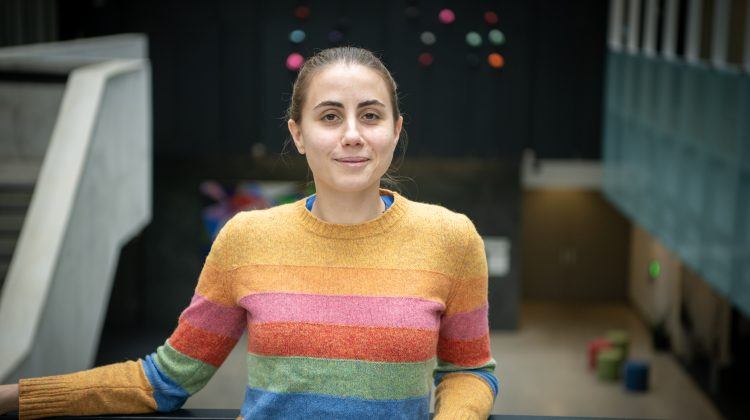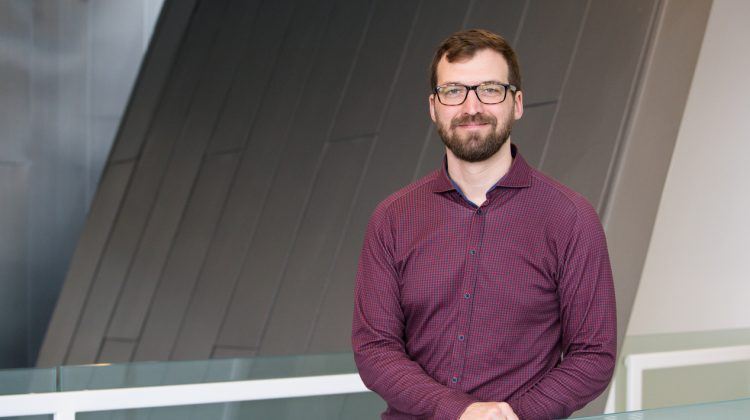The six most-watched Perimeter Public Lectures (so far)
Let these accessible talks take you on scientific journeys from quantum to cosmos.
For well over a decade, the Perimeter Institute Public Lecture Series has featured some of the world’s most brilliant minds delivering talks on the deepest questions in science, from quantum computing to string theory, black holes, and interstellar travel.
Every talk is webcast live and then shared on Perimeter’s YouTube Channel. Here are six talks that have racked up high view-counts, and will likely ratchet-up your fascination with our amazing universe.
6. String Theory Legos for Black Holes – A.W. Peet
In a talk that one viewer described as “animated, fast-paced, concise, educative, and convincing about the power of string theory,” A.W. Peet of the University of Toronto compares string theory to the great building block of childhood: Lego.
5. Quantum Mechanics and Spacetime in the 21st Century – Nima Arkani-Hamed
Endearingly frenetic and eminently accessible, this talk by Nima Arkhani-Hamed – a Canadian who is one of the most respected innovators in physics – explores challenges and opportunities lurking on the near horizon at the intersections of quantum mechanics and cosmology.
4. A New Era in Astronomy: NASA’s James Webb Space Telescope – Amber Straughn
NASA’s Amber Straughn discusses the incredible successes of the Hubble Space Telescope and provides a behind-the-scenes look at NASA’s next big thing: the James Webb Space Telescope.
3. A New View on Gravity and the Dark Side of the Universe – Erik Verlinde
Renowned physicist Erik Verlinde provides a unique and creative new approach to reconciling our understanding of gravity – pioneered by Einstein and Newton – with the vexing mysteries of dark matter and dark energy.
2. Spacetime Atoms and the Unity of Physics – Fay Dowker
Black holes are hot! Fay Dowker provides an accessible introduction to black hole thermodynamics and what black holes mean for our understanding of spacetime.
1. The Astonishing Simplicity of Everything – Neil Turok
Perimeter Director Neil Turok argues that the remarkable simplicity of physics at the universe’s largest and smallest scales is a profound hint pointing us to new avenues of research.
























































































